The 15 Best Wu-Tang Clan Albums
The Wu-Tang Clan is the greatest group in hip-hop history.
But I already told y’all that.
Their 20-year legacy has spawned dozens of solo and group rap albums that have stood the test of time. Today, let’s look at the 15 best albums under the Wu’s iron flag.
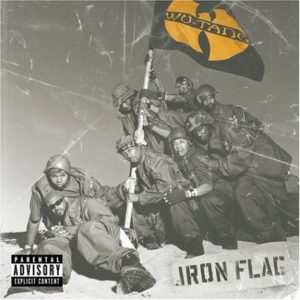 15.Wu-Tang Clan, Iron Flag (2001)
15.Wu-Tang Clan, Iron Flag (2001)
Iron Flag often gets lost among the Wu’s more high-profile hits but make no mistake, it’s a force all its own. This was the first album that began to drift away from the Wu’s trademark grittiness (much to the dismay of longtime fans) but the direction showed growth and gave us more than a few strong tracks.
_________________________________________________
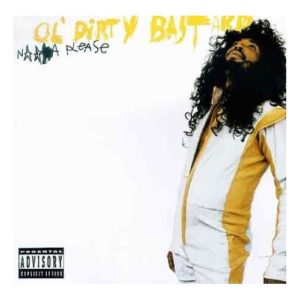 14. Ol’ Dirty Bastard, N**** Please (1999)
14. Ol’ Dirty Bastard, N**** Please (1999)
There’s a method to ODB’s madness. On the surface, Dirty’s sophomore album seems like a mess, filled with off-kilter singing, bizarre rhyme patterns and weird 70s references. And that’s all true – yet, somehow, this album STILL works. It’s like blaxploitation meets Adult Swim – an eclectic album that is way before its time.
_________________________________________________
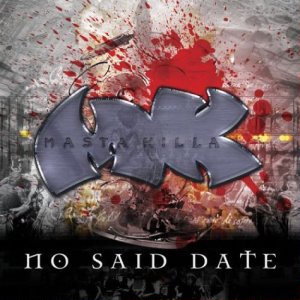 13. Masta Killa, No Said Date (2004)
13. Masta Killa, No Said Date (2004)
Masta Killa is probably the most enigmatic member of the Wu, only surfacing sporadically to drop a verse or two before vanishing back into the 36 Chambers. When he finally dropped his solo album – 11 years after the Wu’s landmark debut – the Clan was admittedly had hit a lull. Killa was able to recapture the magic of years gone by, creating an album that turned back the clock and proved that he was just as capable as his Wu brethren.
_________________________________________________
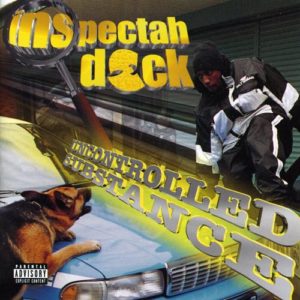 12. Inspectah Deck, Uncontrolled Substance (1999)
12. Inspectah Deck, Uncontrolled Substance (1999)
Facts: Deck’s opening verse on the Wu’s “Triumph” is the greatest verse ever spit on a Wu-Tang record. Yet despite his lyrical acumen, he’s often overshadowed by more charismatic members of the Clan. But on Uncontrolled Substance, Deck was finally able to shine on his own, proving that “Triumph” was no fluke – he’s a monster on the microphone.
_________________________________________________
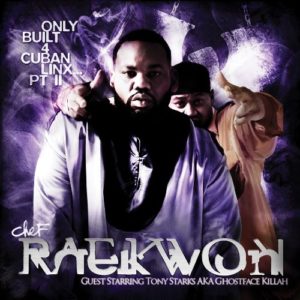 11. Raekwon, Only Built 4 Cuban Linx … Pt. II (2009)
11. Raekwon, Only Built 4 Cuban Linx … Pt. II (2009)
It’s a scientific fact: Sequel albums almost always suck. So you can understand why my hopes weren’t very high for Raekwon’s addendum to his classic debut. Also, let’s face it, besides that first album, Rae’s solo material disappointed more often than not. But not this time. Rae effortlessly recaptured the magic of the original Cuban Linx, and quickly reminded us why he’s one of rap’s most revered voices. I’ll never doubt the Chef again.
_________________________________________________
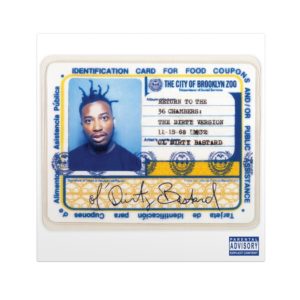 10. Ol’ Dirty Bastard, Return to the 36 Chambers: The Dirty Version (1995)
10. Ol’ Dirty Bastard, Return to the 36 Chambers: The Dirty Version (1995)
Of all the members to receive a solo album after the Wu’s game-changing debut, I remember being very surprised that ODB got a chance to shine so soon. I had written him off as a novelty act, basically the Flavor Flav among more potent MCs. Nah, the Dirt Dog is more than a hype man: ODB’s debut album certainly flaunts his manic personality, but that’s just a backdrop for the insane wordplay and thoughtful concepts he presents. Though there were several better solo Wu albums, no other album best captures the Clan’s infectious charisma and gritty appeal.
_________________________________________________
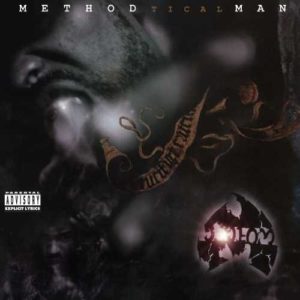 9. Method Man, Tical (1994)
9. Method Man, Tical (1994)
After the release of 36 Chambers, Meth was poised as the Wu’s breakout star. And while his subsequent albums failed to live up to sky-high expectations, Johnny Blaze’s debut – the first to drop after 36 Chambers – helped grow the Clan’s sprawling legacy. Tical is classic 90s hip-hop, packed with classic tracks (“Bring the Pain” will never go out of style) and quotable lyrics that still hold weight today.
_________________________________________________
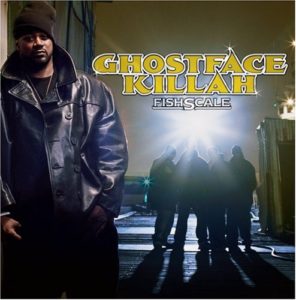 8. Ghostface Killah, Fishscale (2006)
8. Ghostface Killah, Fishscale (2006)
Pretty Toney is the Wu’s MVP – effortlessly dropping phenomenal albums for 20-plus years. No other member boasts that longevity. While most “trap rap” tends to have a reputation of low-quality lyrics, Fishscale does trap right, playing out like vivid ’90s gangster flick. Fishscale is the youngest album on this list, proving that Ghost just gets better with age.
_________________________________________________
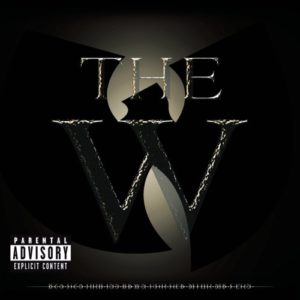 7. Wu-Tang Clan, The W (2000)
7. Wu-Tang Clan, The W (2000)
The Wu’s third collective set is by far the most underrated album in their legendary catalog. Even thought it was crammed with guest stars – everyone from Nas to Junior Reed shows up – this was still very much a Wu affair. While the tone of hip-hop began to shift in 2000, The W brought the Clan back to basics. In fact, this was the last time the Wu embraced the classic sound that has become their hallmark. It’s definitely an overlooked gem of its era.
_________________________________________________
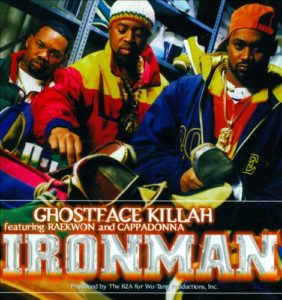 6. Ghostface Killah, Ironman (1996)
6. Ghostface Killah, Ironman (1996)
Although it seems preposterous in 2016, 20 years ago, Ghostface was considered one of the lesser members of the Wu – certainly behind the RZA, GZA, Raekwon, Method Man and ODB. But after the release of his debut Ironman, Tony Starks soon began to eclipse them all. Expertly mixing soul samples with heartfelt themes, Ghost created an album that felt much different than those that came before him but didn’t drift too far away from the Wu’s trademark grittiness. With this one album, the Wu’s greatest star was born.
_________________________________________________
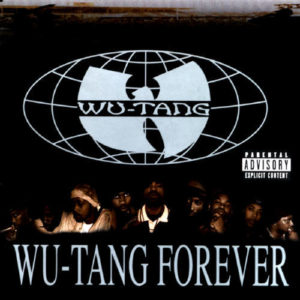 5. Wu-Tang Clan, Wu-Tang Forever (1997)
5. Wu-Tang Clan, Wu-Tang Forever (1997)
How do you follow up on one of the greatest rap albums of all time? If you’re the Wu, you release a classic single – the groundbreaking “Triumph” – drop a double-disc album, and win. Again. Double-disc albums are a risky gamble; there’s often an overload of content and way too much filler. Hovering around 30 tracks, Wu-Tang Forever was definitely robust and is even a bit overwhelming on first listen. But the set is just so cohesive and engrossing that you keep coming back for more. This album could have been a disaster, instead it just added to the Clan’s mythical legacy.
_________________________________________________
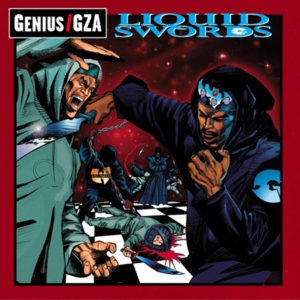 4. GZA, Liquid Swords (1995)
4. GZA, Liquid Swords (1995)
Liquid Swords might as well have been named 36 Chambers Part 2 – at times, it almost feels like a bonus disc to that historic original album. GZA’s otherworldly wordplay is at its peak here, as is RZA’s production. Both worked in tandem to craft a true spiritual successor to the Wu’s debut. And they pulled it off.
_________________________________________________
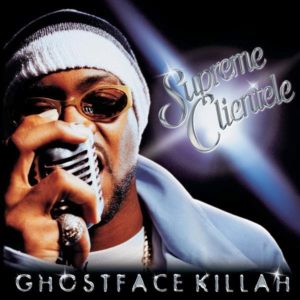 3. Ghostface Killah, Supreme Clientele (2000)
3. Ghostface Killah, Supreme Clientele (2000)
I recently named Supreme Clientele one of the greatest sophomore albums of all time. But let’s go one step further: it’s one of the greatest albums in the history of rap. Period. Ghost’s trademark rapid-fire, stream-of-consciousness rap style is in full force, making it one of the most acclaimed albums in the Wu’s discography. Sixteen years later, it still holds up as one of rap’s premier efforts.
_________________________________________________
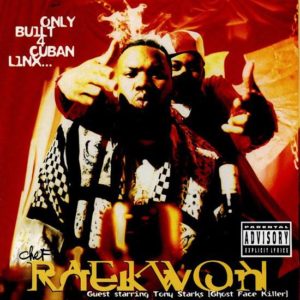 2. Raekwon, Only Built 4 Cuban Linx… (1995)
2. Raekwon, Only Built 4 Cuban Linx… (1995)
If I could adapt one album into a screenplay, this one would be my pick. Seven years before HBO gave us The Wire, Raekwon gave us Cuban Linx, an album that depicted street life with the clarity of a 27-inch Zenith. It also became a showcase for “co-star” Ghostface Killah, who used to platform to launch his own solo career. No other solo Wu album has ever reached these heights.
_________________________________________________
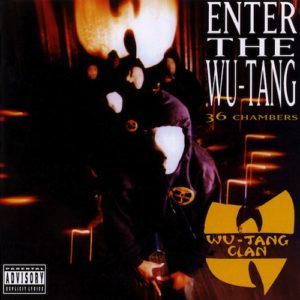 1. Wu-Tang Clan, Enter the Wu-Tang (36 Chambers) (1993)
1. Wu-Tang Clan, Enter the Wu-Tang (36 Chambers) (1993)
Yeah, there was absolutely no doubt about No. 1, and for good reason. 36 Chambers isn’t just the Wu’s calling card, it’s become a hallmark of hip-hop, creating a paradigm shift that ushered in a new era of gritty production and larger-than-life rap personas. In 1993, rap changed forever – led by the Clan in da front.
Which Wu albums did I miss? Let us know in the comments.

Leave a comment